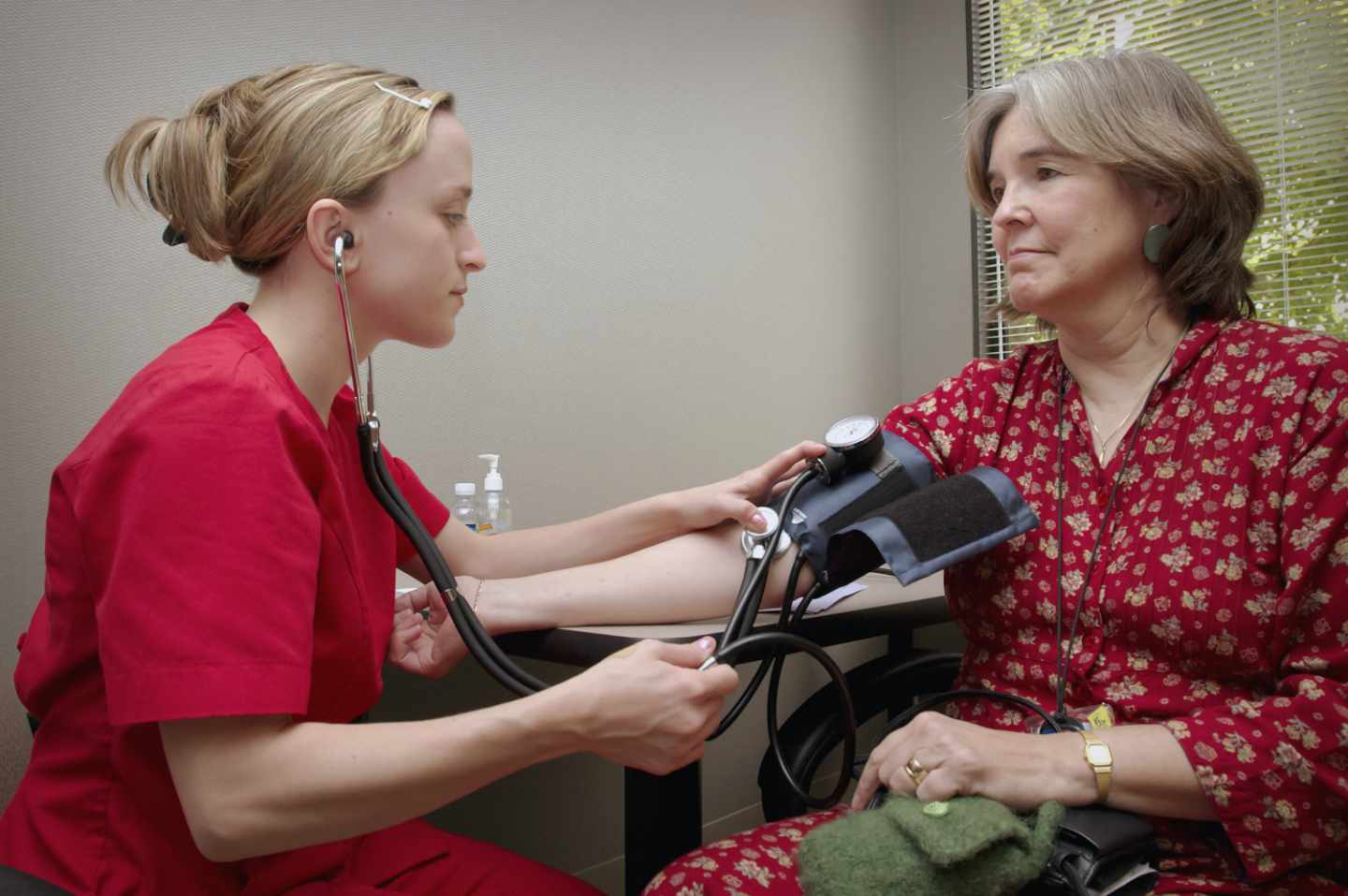
- Jörg Korb
 I just read an interesting report from the Forum on Drug Discovery, Development and Translation called Transforming Clinical Research in the United States, published by the Institute of Medicine.
Were you aware that that US investigators enroll two-thirds the number of patients into clinical trials as compared to investigators in the rest of the world? However, among US investigators participating in a clinical trial, 27% fail to enroll any subjects compared with 19% of investigators elsewhere. 90% of all clinical trials worldwide fail to enroll patients within the target amount of time and need to extend their enrollment period. The authors of this report argue that this is caused by three factors: prioritizing of clinical research questions, the globalization of clinical trials and the divide between clinical research and clinical practice.
I just read an interesting report from the Forum on Drug Discovery, Development and Translation called Transforming Clinical Research in the United States, published by the Institute of Medicine.
Were you aware that that US investigators enroll two-thirds the number of patients into clinical trials as compared to investigators in the rest of the world? However, among US investigators participating in a clinical trial, 27% fail to enroll any subjects compared with 19% of investigators elsewhere. 90% of all clinical trials worldwide fail to enroll patients within the target amount of time and need to extend their enrollment period. The authors of this report argue that this is caused by three factors: prioritizing of clinical research questions, the globalization of clinical trials and the divide between clinical research and clinical practice.
Clinical research and clinical practice
As clinical operations professional with over 15 years of experience in trial conduct, I would like to offer some of my thoughts on the latter factor mentioned above as it pertains to patient recruitment and retention. In Germany, much of clinical research is conducted in large university research centers with limited involvement of community physicians who actually are responsible for most of the care and interaction with patients in this country. As the statistics above support, university research investigators conducting clinical trials often have difficulty recruiting enough patients even though there may be more than enough eligible patients who are being treated nearby at private practices. Investigators frequently reach out to their private practice colleagues for patient referrals but there is little financial incentive for a practice to refer one of their patients to a research clinic since that would result in the patient being taken from their care as well as a loss of revenue for the practice. Cooperation between the community physician and the university researcher also suffer because the findings resulting from research conducted at an investigational site are less likely to be adopted by physicians in their daily practice if these do not reflect common practice. Engaging and involving community physicians earlier in the clinical trial process would increase the chances of them adopting new evidence-based research and supporting clinical trials.Characteristics of high recruiting sites
Every clinical operations professional is familiar with low recruiter and high recruiter sites. Study personnel of varying experience and quality are recruited and trained anew at each site which can result in inconsistencies of trial execution and data quality across sites. One good factor in higher recruiting sites, is having an experienced team which should be assessable at the site selection visit. Successful clinical research sites represent a select sub-set of research sites. Their principal investigators are highly tenacious and persistent individuals with exceptional motivation to complete the clinical trial process. In my experience, these sites do not have difficulty in getting patients to participate in the trial. They are also able to retain patients due to a good patient-physician relationship. This is especially important if enrolling in a trial results in an interruption of care with a patient’s general practitioner. Additional factors resulting in a good enrollment to retention ratio are the complexity of the patient information process, the number of required clinic visits, complexity of required examinations and the ease or difficulty of patient travel to the investigational site.Conclusion
The challenges in clinical trials involving lower than expected recruitment and patient retention often stem from factors which could have been avoided before the first site has been selected. Making it easier for community-based physicians to become involved in the research process will guarantee better access to eligible patients and ensure that the research is relevant to real world practice and increases the chances that physicians will change their practice behavior based on research results. Patient retention in a trial will also increase if the patient can see the relevance of the research to the continuation of care with his general practitioner after the trial is completed. It also important to keep in mind that proper oversight of the trial across multiple sites and regions is a full-time job that should be entrusted to someone who possesses sufficient experience managing investigational sites.
Please contact Mr. Jörg Korb,
Managing Director of ACM Research for more information: korb@allied-clinical.com